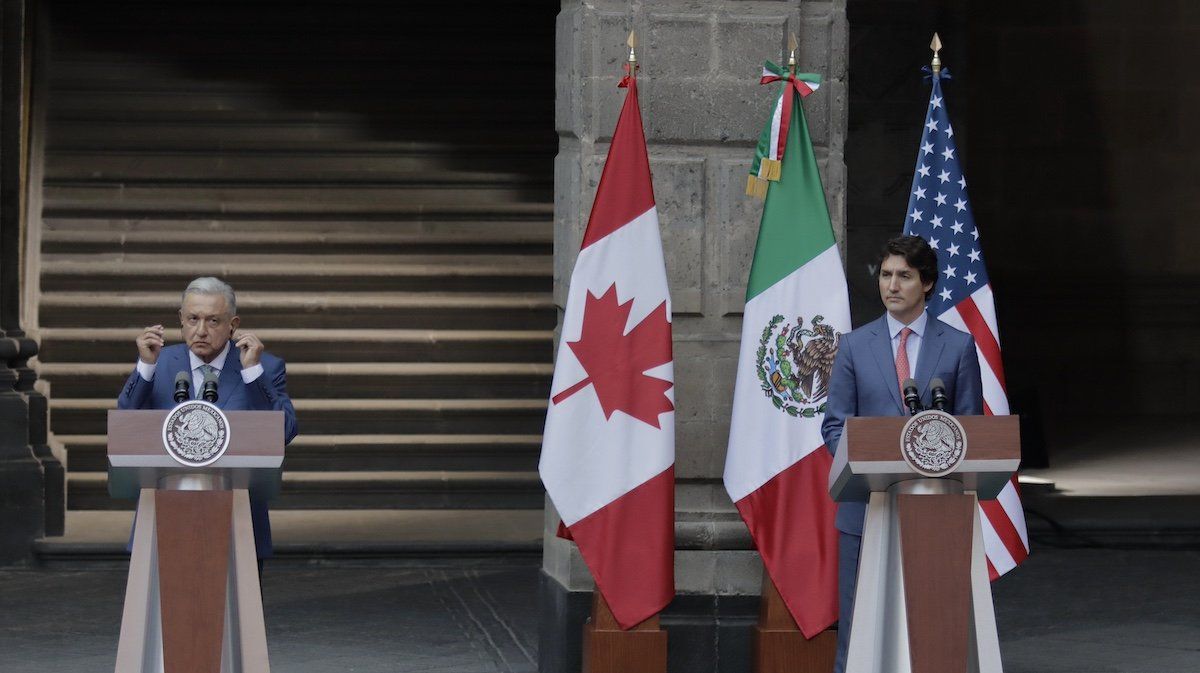Justin Trudeausaid last week that Canada is in talks with Mexico to try to find ways to cut down on the number of asylum-seekers flying into Canada with the help of organized criminal groups.
Trudeau is under pressure from the Conservatives, and the Americans to reinstate a visa requirement on Mexican travelers, which his government lifted in 2016. The government said last month it is considering doing so.
The Biden administration would also like the visas to return because the number of migrants crossing the northern border has spiked in the past year — 2,200 interceptions in 2023, up 240% from 2022. Most of the crossings are made in the lightly patrolled areas of upstate New York, New Hampshire, and Vermont.
The route via Canada to the US is appealing to Mexicans and other Latin Americans who face detention and deportation at the more heavily patrolled southern border. A network of human smugglers has sprung up to facilitate the crossings, but would-be migrants face danger in the cold northern woods.
The Liberal government seems to be signaling that it’s working with Mexico rather than moving immediately to require Mexican visitors to apply for visas, which would be a setback for the trade and diplomatic relationship.
